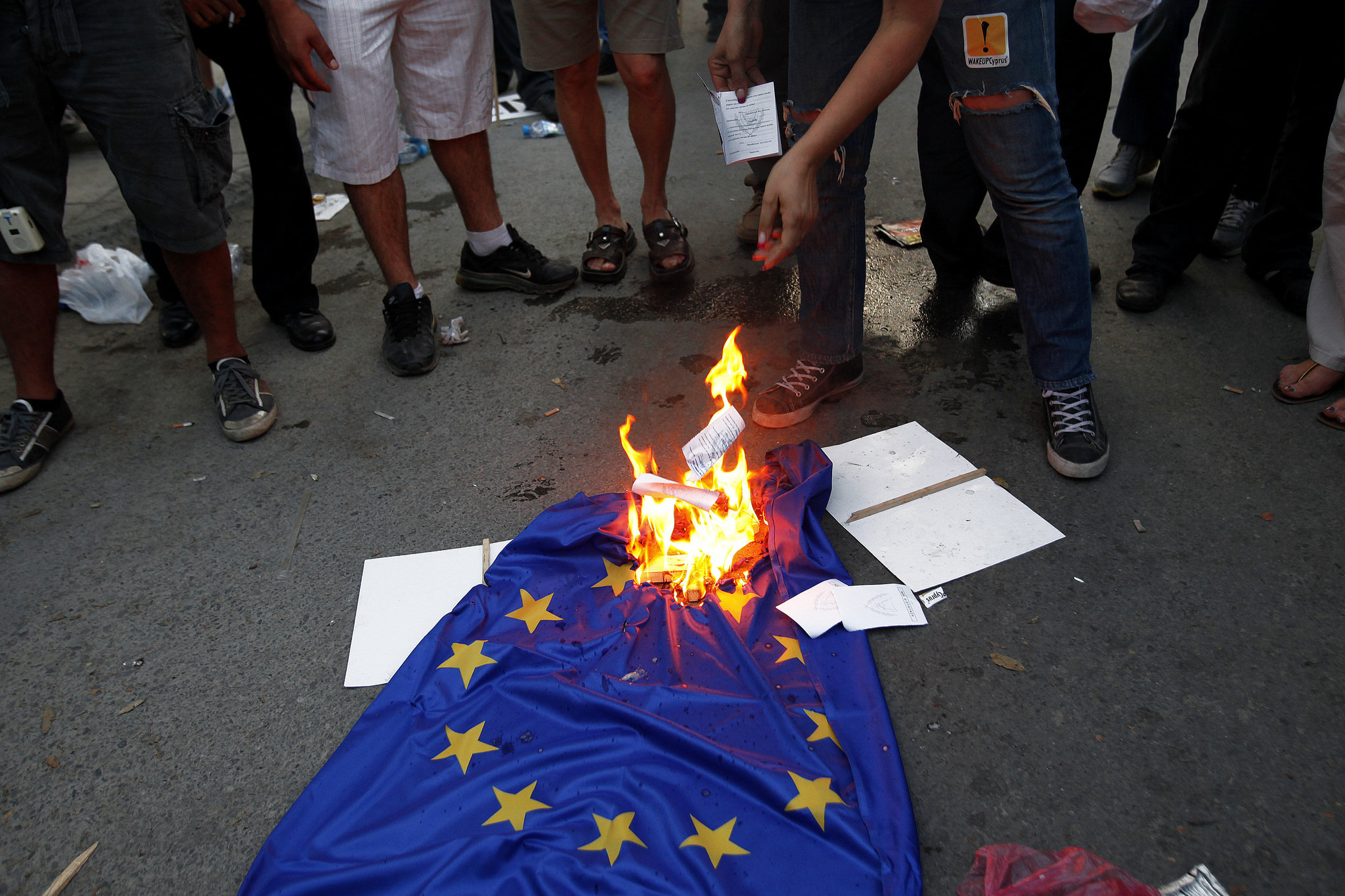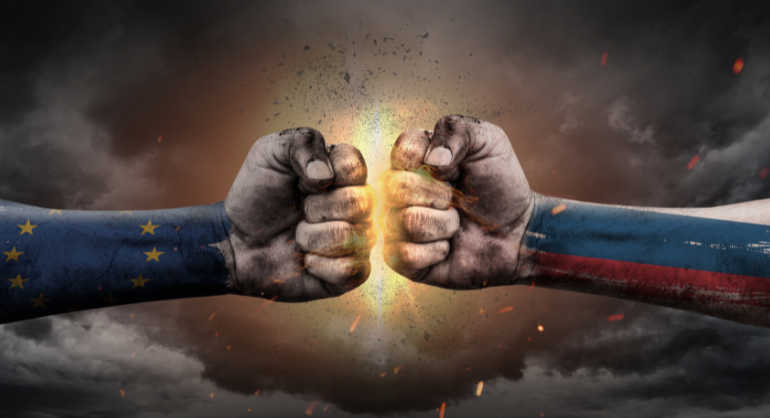
(Photo taken from oregonlive.com)
Last year’s European Parliament elections sent a clear message to the continent’s establishment. Apart from a very low voter turnout, the citizens turned to populist, radical political parties, significantly altering the Parliament’s seat distribution.
This development was understandably expected. For the past five years, European households had to tighten their belts and experienced the diminution of their social security rights. Youth unemployment rose up to 50% in some countries and devastated young people’s dreams. Salaries were slashed while taxes and social injustice went up. As usual, the lower and middle classes were the hardest hit.
But what contributed to the public’s anger resulting in the rise of Euro-scepticism were the numerous political and financial scandals. National media played the blame game, acting as opportunistic vultures, fuelling populist sentiments further.
In addition, the fact that citizens had to endure harsh financial reality like the European Banks’ crisis, aggravated the voters’ final decision. The cracks in the euro-zone became apparent, resulting in increasing scepticism towards one of the continent’s most ambitious projects. Actually, the irresponsible and disastrous neo-liberal policies, which Europe’s elites have adopted and pursued for the past decades had negative effects on the European householders.
The damage that the economic crisis has inflicted on Europe’s politics though lead to many bad consequences like what we observed in many EU state members: the rise of the radical political parties. For example, in France and the UK, the respective Front National and the UKIP parties have posed a serious threat to the whole established system. Furthermore, one quarter of the seats in the European Parliament belongs to Euro-sceptic parties. Thus agreeing to any legislation that undermines national interests, could be proved challenging.
In response to this rise of populism inside the EU, the European state leaders will have to appease the citizens and gain their votes again. To do so, it would be preferable to pursue nationalist and populist policies; and not necessarily at the sole national level. Indeed, if all the governments continue to focus on the security of the state interests at the European level, the cooperation among EU members will be harder. In most national parliaments, traditional parties have now to deal with Euro-sceptic, anti-establishment parties. This change creates difficulties to implement the EU legislation, or to continue with an integrationist and liberal agenda.
Moreover, we are witnessing an oxymoron; Euro-sceptic parties are funded by the EU itself since they have appointed MEPs, to work against its policies and institutions. Their true role in the continent’s politics is to oppose and obstruct any further integration. If Europe’s leaders are serious in giving the EU a decisive and leading role in the future, they will have to confront the Euro-sceptic parties. The only way to achieve this is to put back the trust and confidence of the voters, within the European institutions. Of course, they need to stop using these establishments as scapegoats for their mistakes and to promote more transparency at the national and European level. Additionally they should limit “inter-governmentalism,” in which the leadership of the big countries are calling the shots at Europe.
In return, the EU institutions must understand the needs of the citizens and respond accordingly. Communicating their policies more often and more clearly, is crucial. To do so, they will have to implement new tools that will enact direct dialogue with the voters.
Finally, austerity must be reconsidered and a new transparent, effective and common immigration policy must be adopted. Legislations that will promote equality, prosperity and social justice, will coerce citizens to believe in the “European Dream” again.
The Europe’s most shameful pages in history over the last 70 years have been written: a severe economic crisis, an international humiliation, the rise of xenophobia, etc. Nevertheless, it seems that European leaders don’t want to learn from their past mistakes.
edited by Isabelle Panasi



